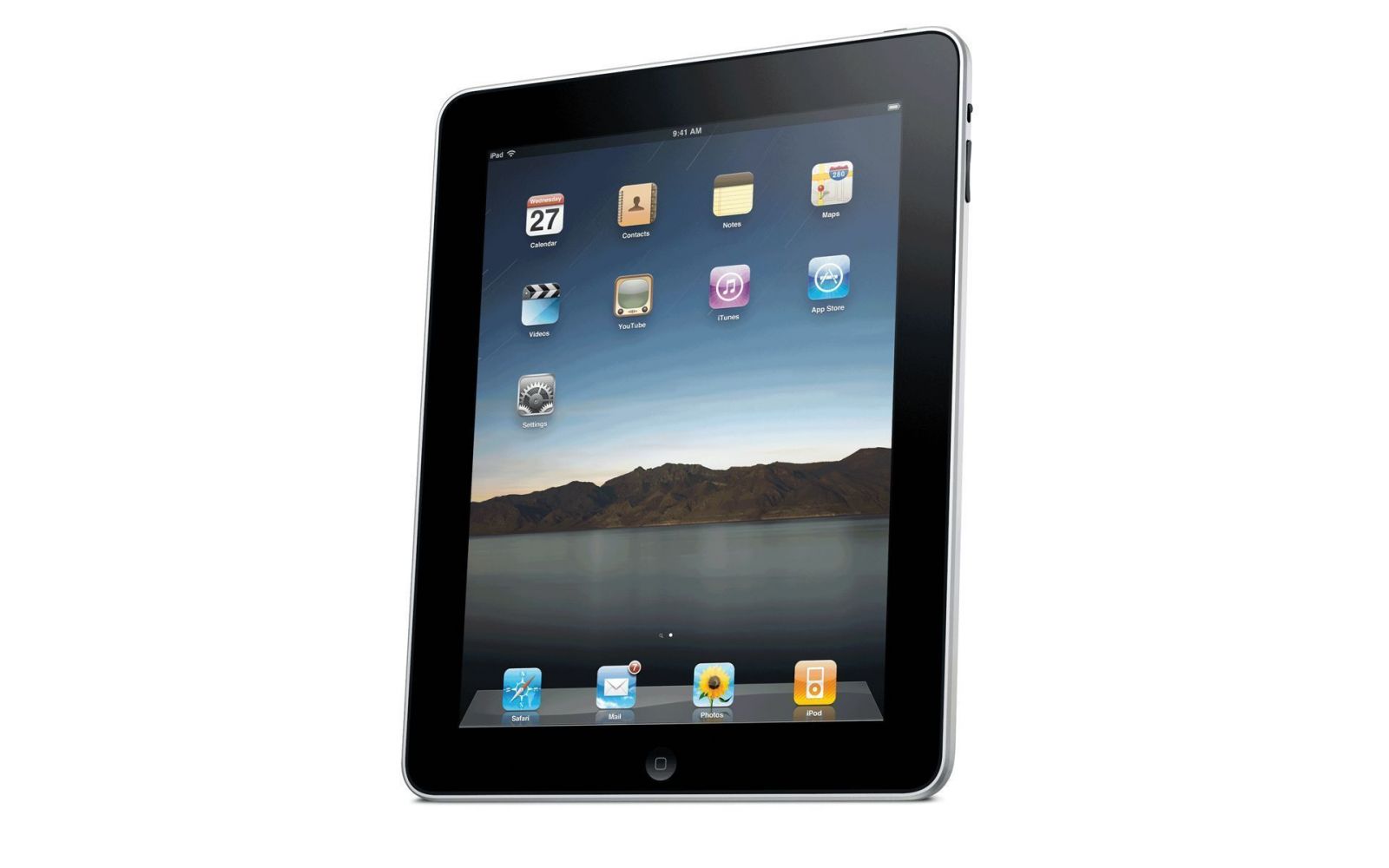She didn’t necessarily find porn on her daughter’s school iPad, but she found something pretty darn close to it.
As KATU-TV reported, a Forest Grove, Oregon, mom was shocked when she checked the browser history on her daughter’s school-supplied iPad and found out what her daughter had been getting into: erotic stories.
“She was reading erotica — along with a lot of the other kids,” the mother, Sarah, told the station.
Her daughter, she said, is just 12 years old.
Sarah — who didn’t want her last name used — said her daughter received the iPad last year through Neil Armstrong Middle School’s pilot program, and Sarah kept strict control over the device, taking it from her daughter each night.
But despite her vigilance and the school’s security measures installed on the iPad, the 12-year-old found a few loopholes, accessing erotic writing on the website Wattpad.
“I was shocked!” Sarah said. “It was not something you expect a 12-year-old to look at, or to talk about, or to want to do or anything. She’s still a little girl.”
But she said that’s not all.
“I found out she had an email account and was sending pictures of herself and having relations online,” Sarah said.
Sarah confiscated the device and said she’s debating when, if ever, to give it back to her daughter.
Why was a 12-year-old able to read erotica despite the school’s safety features?
“There is no way to ensure absolute security on a technology device,” principal Brandon Hundley told WATU. “As we develop our program as others schools are doing the same, we will continue to focus on teaching and training our students in the appropriate ways to use technology to support their learning, keep themselves safe and leave as small and limited a digital footprint as possible.”
Hundley said the school is constantly adding inappropriate websites to its “blocked list,” but middle schoolers are a hard bunch to control.
“The truth is that students are constant problem solvers and work hard to access what they are interested in,” Hundley said.
Young students accessing sexual material is only one of the potential problems that has caused schools across the country, once eagerly pursuing tech-enabled classrooms, to step back from iPads and other devices.
The Los Angeles Unified School District this week stopped the contract on its $1 billion plan to purchase 700,000 iPads loaded with Pearson educational software after an investigation showedthe bidding process may not have been fair and that the software was riddled with typos and glitches.
As the Atlantic reported earlier this month, many schools are debating whether tablets like the iPad are really the best tech tool for students, or whether students might be better served by the humble laptop.







